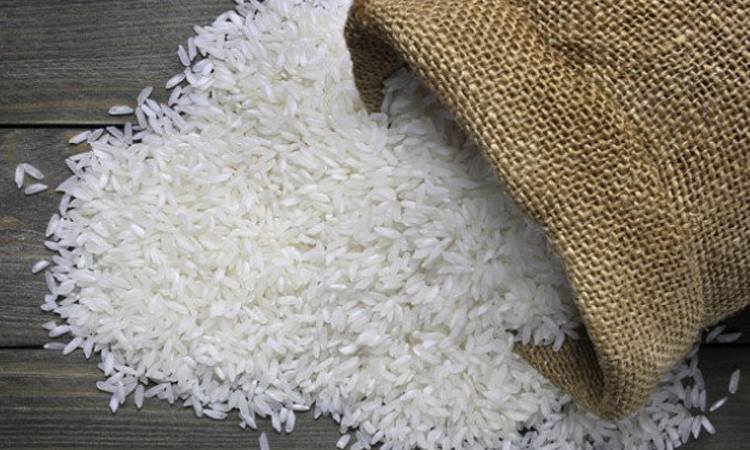News Flash

DHAKA, July 15, 2025 (BSS) - The government has decided to import 400,000 metric tonnes of rice as part of its preparations to mitigate potential crises during the upcoming flood season.
The decision was taken at the Food Planning and Monitoring Committee meeting held at the Bangladesh Secretariat today, with Finance Adviser Dr Salehuddin Ahmed in the chair.
Food Adviser Ali Imam Majumder, while briefing reporters after the meeting, said the government made the decision anticipating possible floods during the Aman season.
"We don't want to take any risks during the Aman season. Last time, we began preparations after the flood because the government had just been formed," he said.
He also said that the procurement would be done through international tender.
The Food Adviser said that due to continuous rain, standing vegetables in the fields have been affected, but the Boro paddy has already been harvested while Aman paddy is at the initial stage. As a result, there is no possibility of loss for the paddy, he added.
"But we have made advance preparations and will also start our advance procurement process," he said.
He also informed that till November 2025, the safe food storage in the country will stand at 13 lakh metric tonnes, comprising both rice and wheat.
He said the government has already collected some 3.76 lakh metric tonnes of Boro paddy against the target of 3.50 lakh metric tonnes.
The Food Adviser mentioned that the target for rice collection is 14 lakh metric tonnes, while 9.50 lakh metric tonnes have been collected so far.
"Hopefully, we will be able to come close to the target. We will stop the rice procurement process in mid-August," he said.
"As soon as the procurement process is completed, we will launch food-friendly programmes," he added.
He said that from now on, some 55 lakh families across the country will get 30 kilograms of rice per month at the rate of Tk 15 per kilogram, which was earlier provided to 50 lakh families.
This programme will continue for six months - August, September, October, November, February, and March.
"We hope that the market will remain comparatively stable as our food storage situation is satisfactory," Majumder expressed.